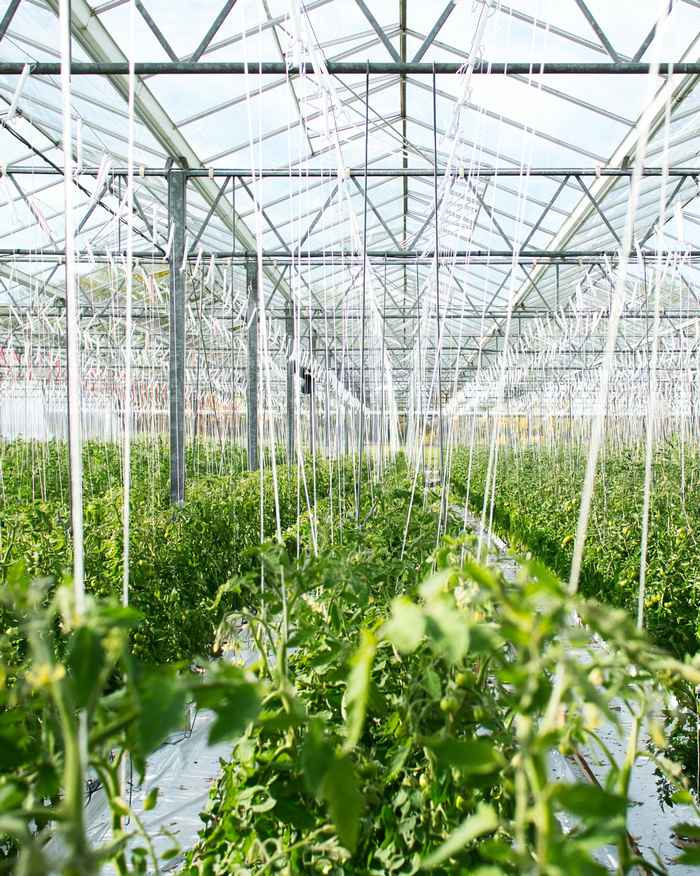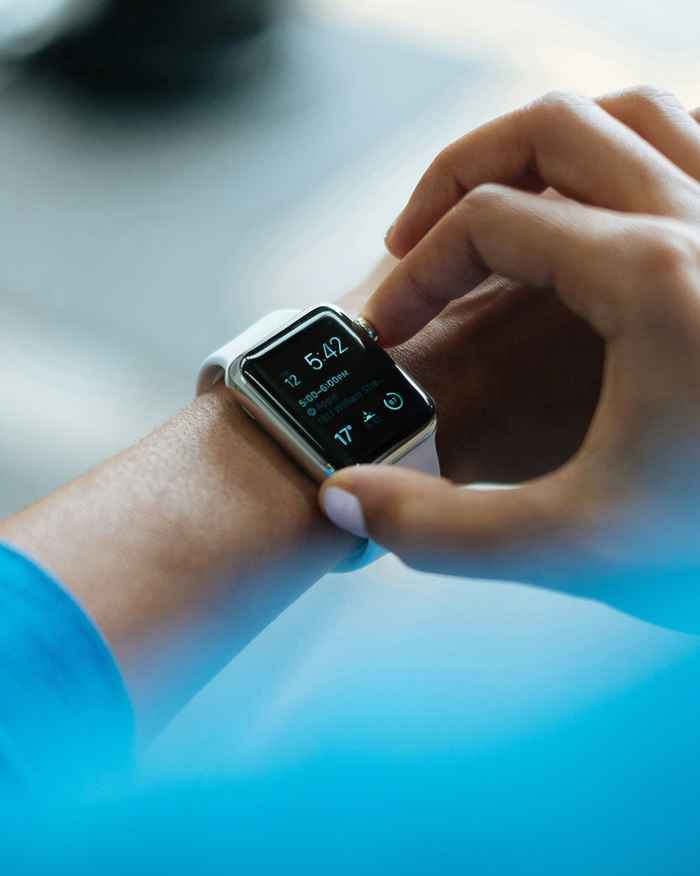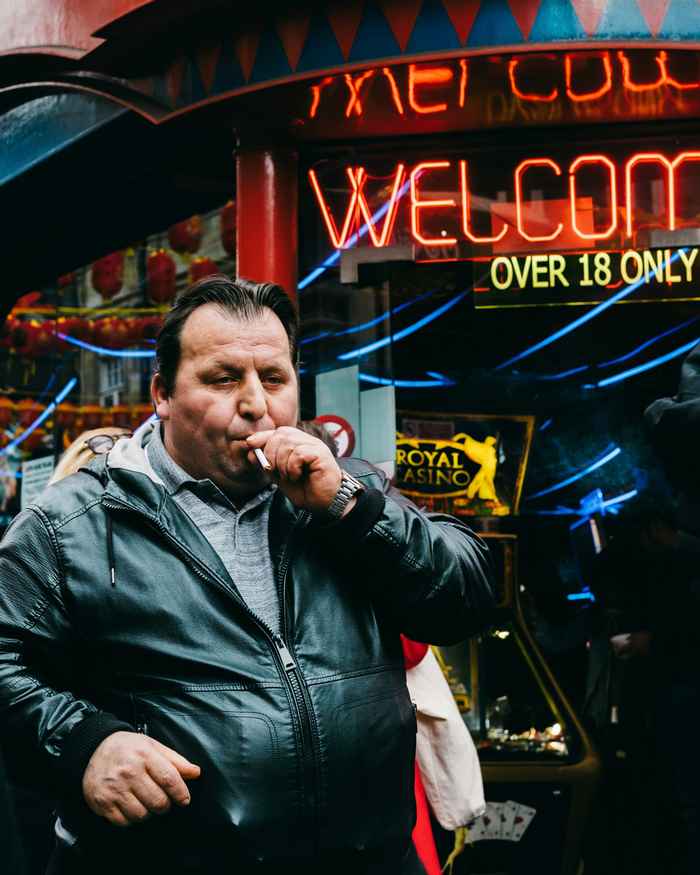Examples of Challenge-based projects

Stakeholders; local government (city of Amsterdam), local businesses, consumer groups, environmental NGOs, farmers, dietitians and nutrition experts, academic researchers
Goal: To evaluate the feasibility and impact of transitioning to sustainable protein sources within Amsterdam's urban food system, aiming to reduce environmental impact and improve public health.
Methods: Through quantitative surveys and stakeholder interviews you will seek to further understand barriers and facilitators in the supply chain and policy environment. To anticipate the implications of campaigns in different areas, a model is developed with the collected data to generate new quantitative hypothesis about adoption in other areas/to hypothesis about the long-term health implications of the intervention.

Stakeholders: RIVM (national institute for public health and the environment), healthcare providers, technology developers, local government health departments, patients and the general public, insurance companies, academic institutions
Goal: To assess the effectiveness of digital health tools in encouraging healthy lifestyle choices among urban populations, with a focus on engagement strategies, user satisfaction, and measurable health outcomes.
Methods: through qualitative and quantitative analysis you will gather data on physical activity and health metrics pre- and post-intervention and conduct focus groups and interviews to understand user experience, barriers, and facilitators.

Stakeholders: Amsterdam UMC, local government health departments, academic institutions
Goal: to better understand the underlying risk factors (e.g. poverty and family conflict) that contribute to disproportionate accumulation of mental and physical health problems among families, such as depression, addiction, obesity and diabetes.
Methods: develop a model in which the risk factors and mechanisms of intergenerational transmission of health and health behaviour within families with a high cumulative risk can be identified, investigated and understood.

Stakeholders: municipalities, utilities & public companies, private business & corporations, academia, individuals & households
Goal: to better understand the ramifications of the projected use of biomass in the Dutch heat and electricity sector across the SDGs, and along the entire supply chains; as well as what governance arrangements could provide the required warrants
Methods: working with stakeholders, you will develop a discussion and design support system, apply it to typical cases, and propose an initial structuring of the societal debate and governance. Case studies will draw on secondary analysis of literature, document analysis, stakeholder involvement (interviews and a workshop), and analyse the data using mixed methods.